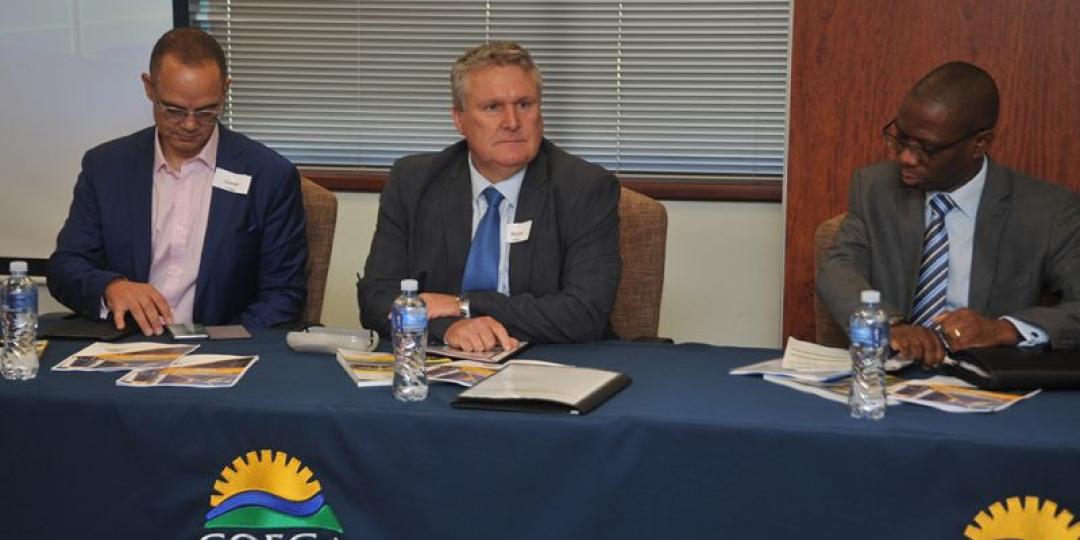The South African Revenue Service (Sars) announced during a recent visit to the Coega SEZ that it would be taking steps to strengthen the relationship between the revenue collector and special economic zones (SEZs) in the country.
This follows the approval of the preferential tax treatment status of six SEZs in August by finance minister Nhlanhla Nene
The tax breaks will provide “long-awaited relief” for companies operating within the SEZs.
Coega Development Corporation (CDC) brand, marketing and communication head, Ayanda Vilakazi, said that, instead of a 28% corporate tax, qualifying companies within SEZs would only have to pay 15%.
He noted that this was aimed at stimulating investment.
Sars Customs & Excise acting chief officer, Beyers Theron, said the agency would be improving the customs processes for companies located in SEZs as part of Sars’ recently adopted model.
“Our strategy seeks to address capacity-building measures with a strong focus on service delivery and quality-based outcomes,” he said.
Commitments were made during a meeting between Sars Customs & Excise heads and the CDC last week relating to timeframes for the processing of customs regulations such as finalising customs clearance from the time of submission within four hours of receipt – or in special cases within 48 hours.
Vilakazi told FTW Online that this meeting had been especially important as the Coega SEZ’s Customs Control Area – which will allow companies operating within the SEZ to qualify for a number of benefits in terms of customs processes – would be launched within the next couple of months.
“What the CCA will mean for companies is that those importing won’t have to pay excise duties at the port and will only pay duties on the finished product,” he said.
“For example, if a manufacturer imports vehicle parts, they won’t pay duties when they arrive at the ports, but will only pay once those parts have been used to complete production of the vehicle.”
Vilakazi noted that Sars would have its own offices at the CCA, along with other entities such as the Department of Home Affairs, which meant that investors would be able to deal with customs directly.
Additionally, Sars has initiated an assessment of SEZs to look at how the revenue collector can strategically align itself more closely with the common goal of attracting and maintaining investment, as well as improving its service offerings to SEZs and the companies operating within them.













